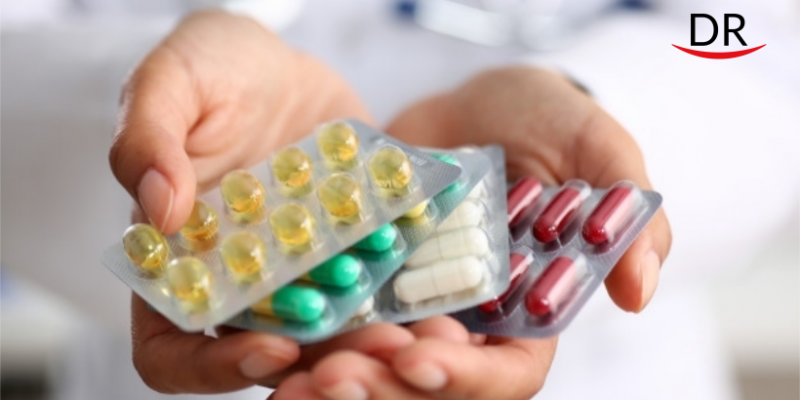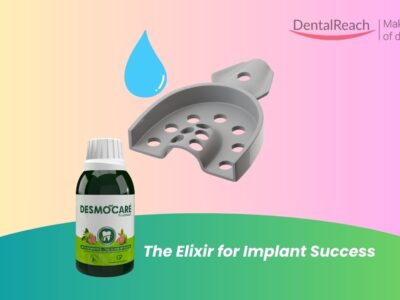According to a literature review published on September 24 in the European Review for Medical and Pharmacological Sciences, there are numerous drugs prescribed in dentistry that can interact moderately with Remdesivir.
"It is clinically necessary for oral health professionals to be aware of possible drug interactions that may occur between remdesivir and drugs commonly prescribed in dentistry in order to prevent adverse reactions that may even endanger the life of a patient with COVID-19,” wrote author Dr. Gerardo Gómez-Moreno, Ph.D., from the University of Granada School of Dentistry in Spain.
The medication may cause serious medical conditions when combined with drugs commonly prescribed by dentists. To get a better idea of the risk, Gómez-Moreno conducted a literature review to identify potential pharmacological interactions between remdesivir and the drugs prescribed in dentistry. The research reported up to July 31, 2020, was included in the review.
A LONG LIST OF DRUGS!
There are as many as 279 drugs, routinely prescribed in dentistry that are known to cause interaction with the anti-viral drug.
1. Alcohol:
Alcohol which is present in many antseptic mouthwashes which have been shown to reduce the viral load in COVID-19 patients, should be avoided if patients are being treated with remdesivir. The drug's interaction with alcohol mainly involves liver problem with symptoms like:
- Fever,
- Chills,
- Joint pain or swelling,
- Nausea,
- Unusual bleeding or bruising,
- Skin rash,
- Pale stools and/or
- Yellowing of the skin or eyes.
2. Antibiotics:
The following antibiotics cause chemical-induced liver damage when taken with remdesivir and therefore should be avoided:
- Azithromycin,
- Clavulanate,
- Doxycycline,
- Erythromycin,
- Levofloxacin.
3. Antifungals:
These antifungals are potent enzyme inhibitors that can lead to spikes in blood plasma levels of remdesivir, which may result in liver damage.
- Clotrimazole,
- Fluconazole,
- Itraconazole,
- Ketoconazole.
4. Non steroidal anti-inflammatory drugs (NSAIDs)
The combination of the following drugs with remdesivir puts patients at major risk of liver damage:
- Diclofenac,
- Etodolac,
- Flurbiprofen,
- Ibuprofen,
- Ketoprofen,
- Ketorolac,
- Mefenamic acid,
- Naproxen,
- Piroxicam.
Thus, it is mandatory that dentists are aware of the potential risk of pharmacological interactions between remdesivir and the drugs prescribed by them so that they can seek alternatives.




















Comments